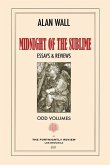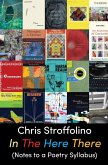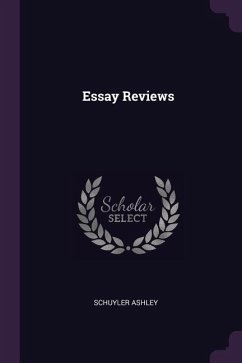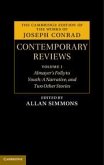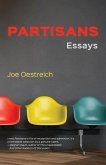Literary Nonfiction. From the Introduction: "When I began reviewing poetry for The Cortland Review, I hoped for the larger audience that the web promised. Now, some years down the road, what began in journeyman fashion has grown by inertial force alone into a survey. It is not in any way comprehensive or sweeping (except in my generalizations). There are poets I wish I had the opportunity to include here but for one reason or another, could not. But despite the more or less random selection, these poets' works do give us a picture of common concerns, both communal and subjective. There is, for instance, in most cases, a sense that the personal is the reversible coat of the social, construed as political, sociological, or mythical. There is the sense that experimentation has a less unsettling role to play than it did for previous generations. Perhaps it is simply that experimentation no longer has quite the epater les bourgeois quality. Even hardcore poets of discontinuity... make nice with their more conservative compeers, passing out prizes, amiably blogging, sitting on panels and boards. There is the sense too that confession, washed in the blood of materialism, survives as a proud subjectivity that would not be out of place coming from the pen of Tsvetaeva or Akhmatova, poets who fed their nation when the self was made fugitive by the State. And that means that authenticity is making a comeback, as if, having survived the scrutiny of deflationary critics, it made sense for the singular lyric voice to add its testimony to, and for the soul to witness, the mill of history. I consider these essays and reviews to be acknowledgments of that premise, namely that subjectivity enables the real chronicle: the feel of what it is like."
Bitte wählen Sie Ihr Anliegen aus.
Rechnungen
Retourenschein anfordern
Bestellstatus
Storno


